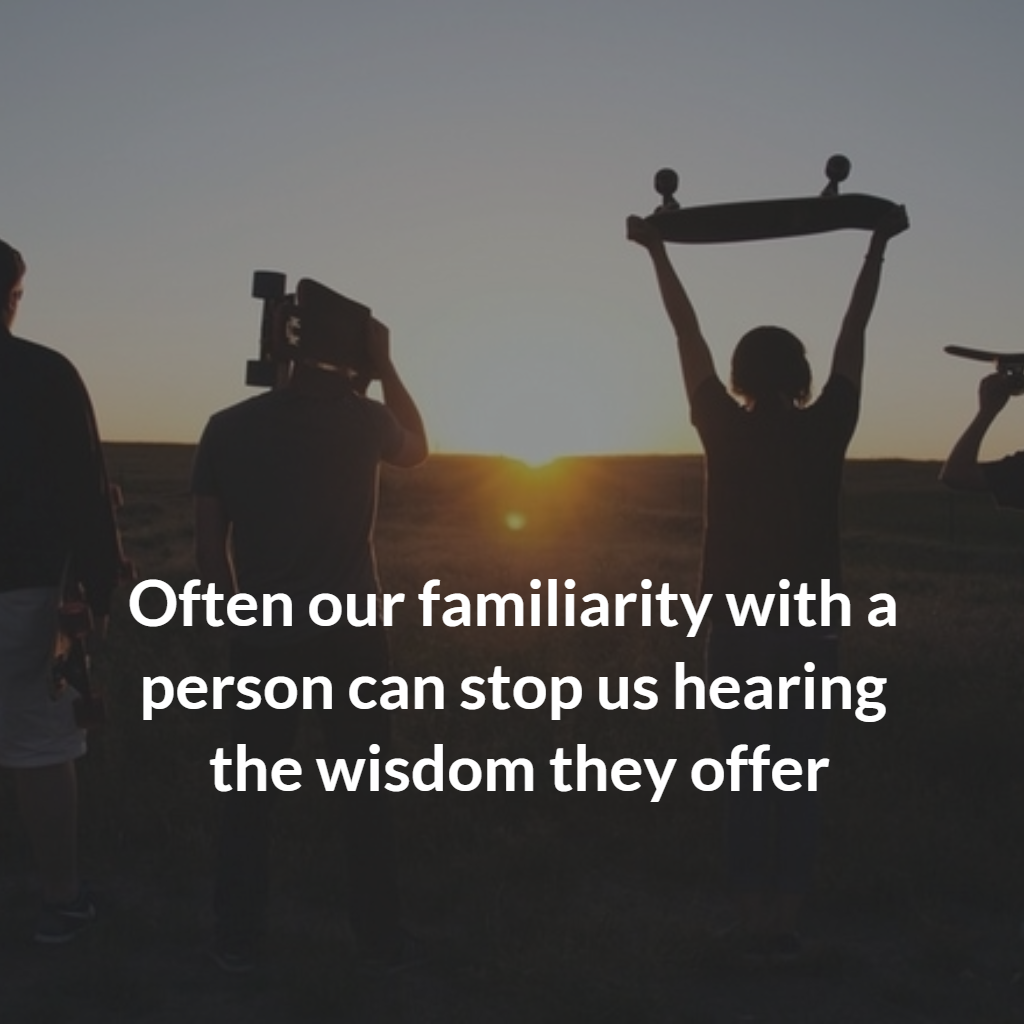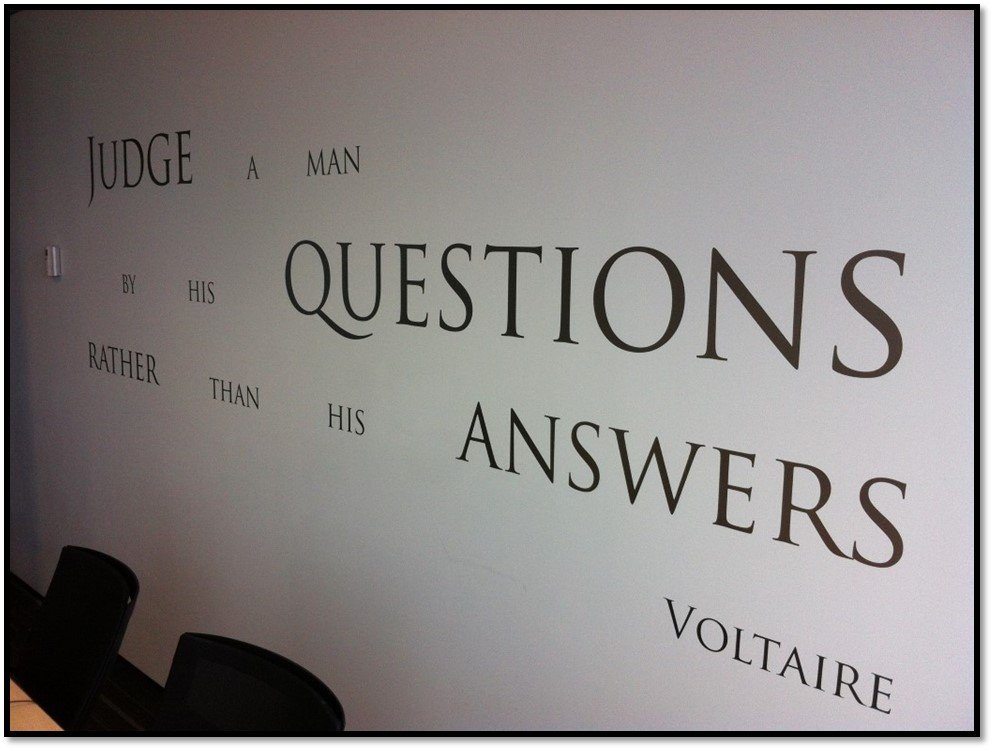 One of the first things you notice when you take a Tuk Tuk ride in Cambodia is the way they use their horns.
One of the first things you notice when you take a Tuk Tuk ride in Cambodia is the way they use their horns.
They beep as a warning.
Not out of frustration or anger, rather to let the scooter in front know they are there. To avoid a collision. To keep them both safe. They use the horn the way it was originally intended to be used. And it works really well.
In the west, we often sound our horn after the fact. In frustration and in anger. To show people how annoyed we are.
Same sounding horns.
Same form of communication.
But a radically different feeling.
∴
I find it interesting that in our personal interactions we have a couple of choices in how we communicate warnings to people.
We can either provide gentle warnings, prompts, small beeps, to guide our teams and make sure we don’t collide. Or we can wait until everything comes crashing together and react after the fact, in frustration and anger.
Whether driving or communicating, loud bolshie statements really only give you the opportunity to vent.
They do little to guide or encourage the other person.
And therefore are ineffective.
 Recently I was having coffee with a guy who had taken some advice I have given him and was raving about it. The funny thing is that he confessed to me that one of his team had given him the same advice a few months earlier and he had largely ignored it.
Recently I was having coffee with a guy who had taken some advice I have given him and was raving about it. The funny thing is that he confessed to me that one of his team had given him the same advice a few months earlier and he had largely ignored it. For those who know me, you will know one of my favourite (and at times most frustrating) questions is “How do you mean?”
For those who know me, you will know one of my favourite (and at times most frustrating) questions is “How do you mean?”